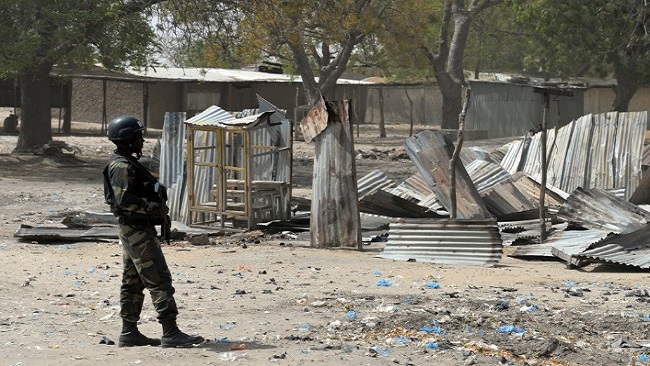Confronting Boko Haram: International Crisis Group says Cameroon’s military response has been partly successful
For the last two-and-a-half years, Cameroon has confronted the insurgents of the Nigeria-born group Boko Haram. The conflict has already caused 1,500 deaths, and led to 155,000 displaced persons and 73,000 refugees. Although the first attacks occurred in March 2014, the jihadist group’s presence in Cameroon’s Far North region dates back to at least 2011.
It has benefited from a network of local collaborators and has exploited vulnerabilities that the region shares with north-eastern Nigeria. While the first eighteen months of conflict were characterised by conventional warfare, the group has now switched to an asymmetric mode of attack.
The Cameroonian government’s focus on a military response has been partly successful, but the structural problems that allowed this threat to arise have not been addressed.
The fight against Boko Haram requires adapting and improving security structures, and long-term crisis resolution policies that will prevent a revival of this threat in a different form, and stop insecurity in the region reigniting.





